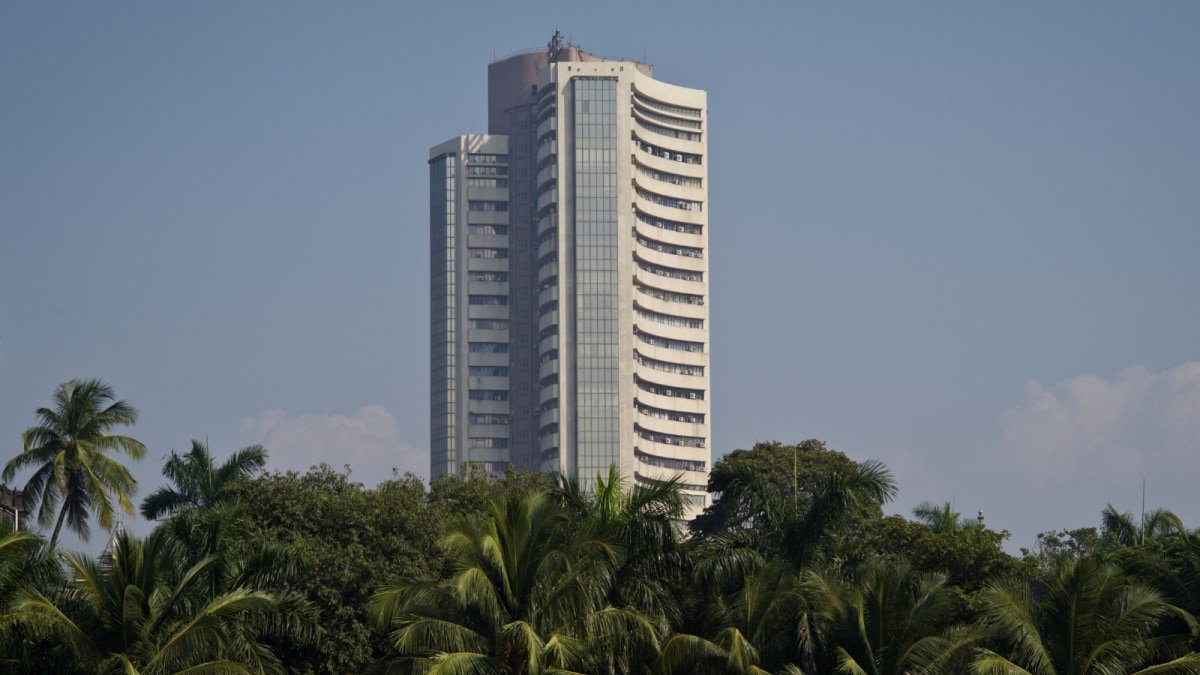Last Updated:June 17, 2025, 21:31 IST
Top government sources say policymakers have it all sorted, and there is nothing to worry about
Sources say all key ministries like commerce, finance, and oil are monitoring the situation. (Representational image/Shutterestock)
Why should we be concerned about what’s happening between Israel and Iran? Given the state of the world and how diplomatic and strategic relations work, we need to be vigilant.
The immediate concern is whether oil prices will rise. Just a few days ago, they increased by 11% globally. So, how can it not impact India? But more importantly, will it affect the middle class? Yes and no.
When crude oil import prices rise, it has an immediate impact on the middle class as budgets get disrupted. It increases transport costs and the prices of infrastructure products like cement and even food.
However, top government sources say policymakers have it all sorted, and there is nothing to worry about. Safeguards have been put in place. More importantly, India doesn’t rely heavily on the Strait of Hormuz route or Iran for its crude oil imports. India consumes 5.5 million barrels of oil daily, of which only about 1.5 million barrels come from the Strait of Hormuz. We depend on less than 30% from this region. We have diversified sources of crude oil imports, such as over 27% from Russia. About 20% comes from biofuel. We are also a major exporter of petroleum products, which we can use if the situation escalates. Additionally, China is a major importer from the Strait of Hormuz route, so they and Iran would not be happy to close the route.
However, the stock market reacts immediately to any news from the Gulf area. Crude oil prices would directly impact products like tyres, cement, and airlines. But sources say all key ministries like commerce, finance, and oil are monitoring the situation. The industries concerned have been asked to ensure no alarming rise. India has sufficient barrel reserves, which means we can manage the prices for now, and sources say they don’t anticipate any significant increase in essential commodities.
Another area of concern is the rupee. A weaker rupee would increase import costs if crude oil prices rise. This is where the RBI steps in, and sources say the RBI is monitoring the situation and watching the rupee to ensure that uncertainty in the region does not escalate.

Pallavi Ghosh has covered politics and Parliament for 15 years, and has reported extensively on Congress, UPA-I and UPA-II, and has now included the Finance Ministry and Niti Aayog in her reportage. She has als…Read More
Pallavi Ghosh has covered politics and Parliament for 15 years, and has reported extensively on Congress, UPA-I and UPA-II, and has now included the Finance Ministry and Niti Aayog in her reportage. She has als… Read More
- First Published:
#Oil #Odds #IsraelIran #War #India #Plans #Manage #Crude #Rupee #Basic #Goods #Business #News



